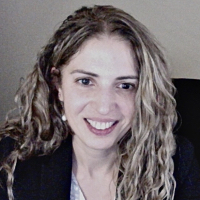Loma Mar DUI-DWI Lawyer, California
Sponsored Law Firm
-
 x
x

Click For More Info:
-
Law Office of James Dal Bon
95 S Market St 3rd Fl San Jose, CA 95113 » view mapSanta Monica Employment Law Employment Representation
The Law Offices of James Dal Bon are poised to help during this difficult time, call today and speak with an Attorney right away.
800-913-2581  James Dal Bon San Jose, CA
James Dal Bon San Jose, CAAttorney At Law - CA, 1992
University of San Francisco, J.D. - 1991
 Frequently Asked Questions
Frequently Asked QuestionsEnter text from site here
 Contact UsEmail or Call 24/7
Contact UsEmail or Call 24/7Call today for your initial consultation.
Diego F. MacWilliam
✓ VERIFIEDIf you have been arrested, perhaps for the first time, I understand how you feel and what you're going through. I am available to you for a no cost, ... (more)
John Thornton
With over 30 years of legal experience, Attorney John W. Thornton has represented individuals accused of everything from DUI to homicide. There is tru... (more)
Maria G Guraiib
✓ VERIFIEDI was born and educated in Tucuman, Argentina. I graduated from the National University of Tucuman with a juris doctor and became a practicing attorne... (more)
Robert Gary Cummings
✓ VERIFIEDThe Law Offices of Robert G. Cummings is devoted to the defense of individuals and entities charged with or facing criminal prosecution. Mr. Cumming... (more)
Robert Cummings
The Law Offices of Robert G. Cummings is devoted to the defense of individuals and entities charged with or facing criminal prosecution. Mr. Cummings... (more)
Alexander K. Abraham
Bryan J. Hackett
Kenneth W. Robinson
FREE CONSULTATION
CONTACT
 Frequently Asked Questions
Frequently Asked Questions Contact UsEmail or Call 24/7
Contact UsEmail or Call 24/7





